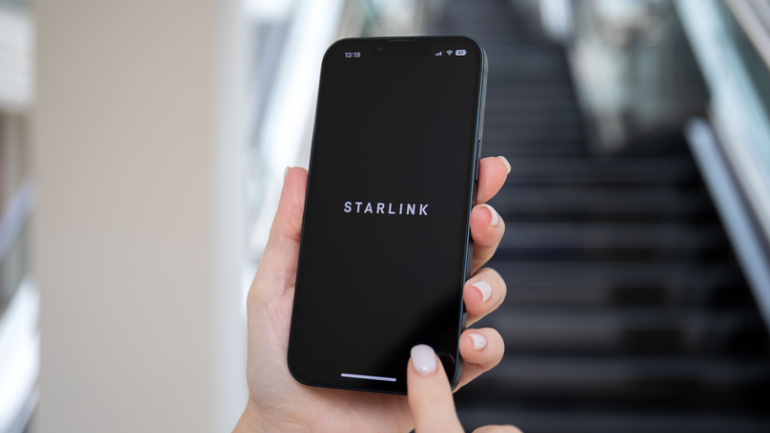Telecom News | Week #44: T Challenge, End of Vodafone Spain, Nokia’s Technology Strategy 2030, Samsung and O2 testing vRAN.
As the Federal Communications Commission refocuses on airway ownership, the conversation around midband spectrum control heats up. Telecom leaders differ: AT&T calls for a review of midband acquisitions, while T-Mobile criticizes this as self-serving. Dish joins the debate, advocating a 25% national screen to encourage competition. Amid conflicting viewpoints, the FCC must forge a path in balancing market sense and fairness.
SpaceX’s Starlink is paving the way for direct-to-mobile services, thanks to a progressive partnership with T-Mobile. Going beyond termianls, the ambitious endeavor could allow unmodified smartphones to directly connect with satellites. Beginning with text messaging in 2024, comprehensive voice and data services are slated to follow in 2025. However, AT&T and the Rural Wireless Association express concerns about possible interference with commercial networks, prompting fierce debate over the fine lines of regulatory procedures.
Dish’s recent announcement differentiates them as the first operator to amalgamate both 2 uplink and 4 downlink 5G carriers, reaching compelling speeds with such configuration. Despite skepticism around Open RAN’s performance, Dish continues to silence critics and signifies an exciting possibility for future network builds.
Intriguingly, SpaceX’s Starlink offers an innovative Direct to Cell feature allowing existing LTE phones to function even in remote locations – a potential boon for those often out of terrestrial coverage. With a rollout plan targeting texts by 2024, and full voice, data, and IoT compatibility by 2025, Starlink seems poised for a breakthrough. While the proposition seems formidable, concerns around possible limitations of Starlink’s proprietary technology remind us advantages of relying on industry best practices. Without disclosed pricing details, we can only anticipate how this venture will fare against other satellite connectivity contenders.
First Orion introduces SENTRY™, combatting fraudulent calls and preserving brand integrity. CO-OP KINKI enhances customer security with Vonage’s 2FA technology for online shopping. Cloud communications market soars, set to reach $180.7 billion by 2027. T-Mobile shifts users to pricier plans, raising concerns over rate plan commitments.
Cloud communications leader Sinch and one of North America’s largest and most trusted membership organizations, AAA, are partnering to expand chat capabilities for individuals requesting roadside assistance. These changes will allow those stranded in remote areas to seamlessly connect with AAA for help.
Telecom equipment expenditure in North America experienced an unexpected downturn in the first half of this year. Despite global telecom hardware revenues remaining steady, North America’s marked decline significantly impacted the total number. In contrast, other markets, particularly Asia-Pacific, showed robust growth. The reasons behind North America’s decline extend to slowing 5G expenditure and reduced spending on broadband access equipment. Looking ahead, no major global alterations are anticipated, though the volatility of the telecom industry hints at potential changes.
Elevated expectations surround the fixed wireless customer premises equipment (CPE) market, largely fueled by an upsurge in 5G device development. Recent data indicates over twofold growth in 5G FWA CPE shipments, predicting a robust growth of 86% in 2023. However, the fluctuating sample size in the annual survey calls for a prudent interpretation of these statistics. As the data suggests, 5G devices are set to dominate the market, with a projected rise from 29% to 40%. The swift expansion of battery-powered pocket routers promises a solid growth in the overall FWA CPE shipments, with telcos driving 77% of the market. The United States leads in leveraging the 5G technology, promising extraordinary industry advancement.
The Federal Communications Commission (FCC) has set its sights on reshaping the allocation of approximately $9 billion earmarked for rural 5G expansion. FCC Chairwoman Jessica Rosenworcel announced the move, emphasizing the need to bridge the digital divide across underserved areas of the United States.













